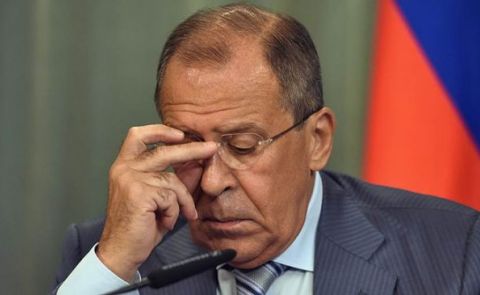
Nikol Pashinyan's Allusion to De Facto Karabakh Officials: "There Is Only One Legitimate Government in Armenia"
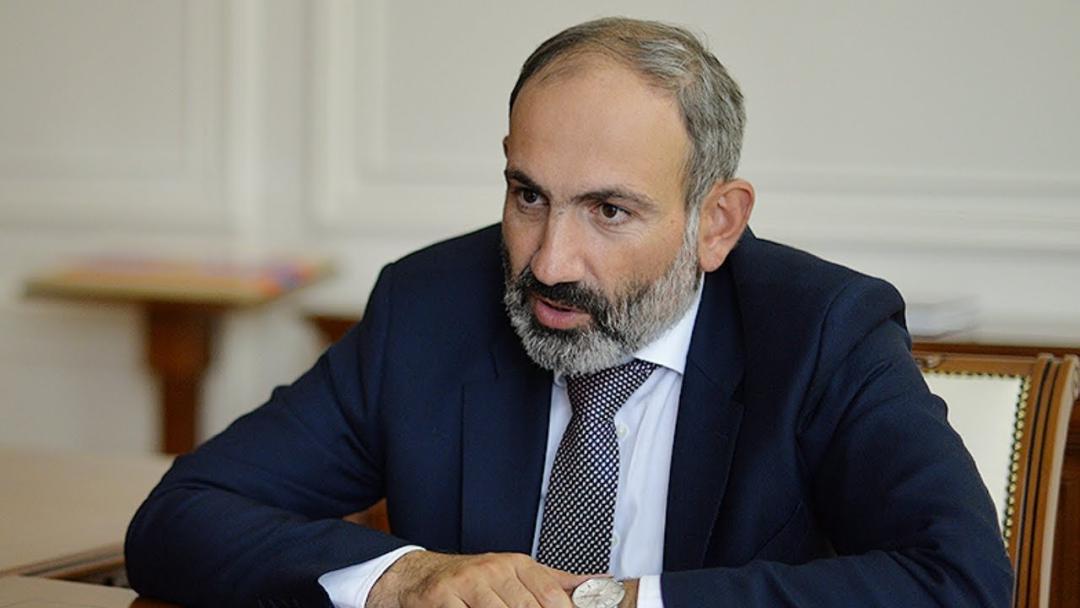
On 28 March, Armenian Prime Minister Nikol Pashinyan chaired a regular cabinet meeting at which several important decisions were taken.
Prime Minister Pashinyan underlined the unequivocal position of the Republic of Armenia regarding its government in response to concerns about certain groups displaced from Nagorno-Karabakh. He stressed that there is only one legitimate government in Armenia, which is located within the boundaries of the Cabinet meeting hall. Pashinyan expressed concern about the potential threat to Armenia's national security posed by the actions and statements of these groups, and stressed the need for clarity and decisive action to prevent external forces from exploiting such situations. Obviously, Pashinyan's remarks are related to the interview given by the ex-president of the dissolved Nagorno-Karabakh Republic, Samvel Shahramanyan, in which he stated that the separatist republic and its leadership still exist and act, implying that the conflict over Nagorno-Karabakh is not over.
The Armenian government also adopted a decision to extend social support measures for people from Nagorno-Karabakh, covering living and other expenses from April to December 2024. Minister of Labour and Social Affairs Narek Mkrtchyan stressed that the main conditions of the programme would be maintained, while the scope of beneficiaries would be extended to include family members displaced after 2020.
In addition, the government allocated €44,000 from the reserve fund to provide humanitarian assistance to some 1.5 million people displaced from Gaza as a result of the recent military operations. Deputy Interior Minister Arpine Sargsyan outlined the provision of humanitarian aid, including food and medicine, to meet their primary socio-economic needs, with a total of 29.94 tonnes of humanitarian cargo being dispatched. Prime Minister Pashinyan confirmed that arrangements for this aid were made during his official visit to Egypt, which required logistical coordination with the Egyptian government for delivery to the beneficiaries.
See Also

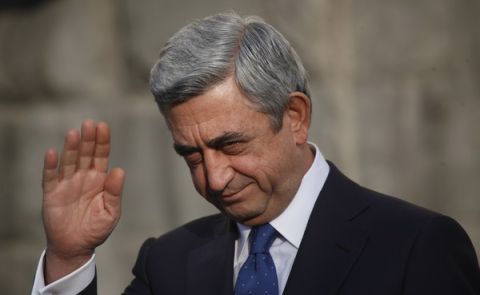
Serzh Sargsyan Rejects Charges, Backs Impeachment, and Warns of Secret Deals
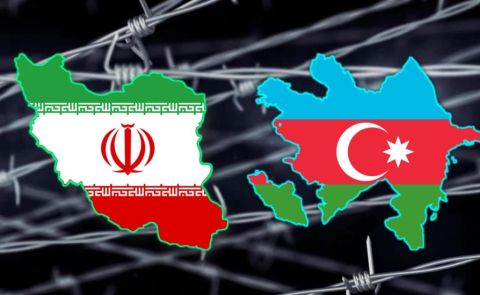
Azerbaijan Confirms Execution of Terrorist Behind Embassy Attack in Iran
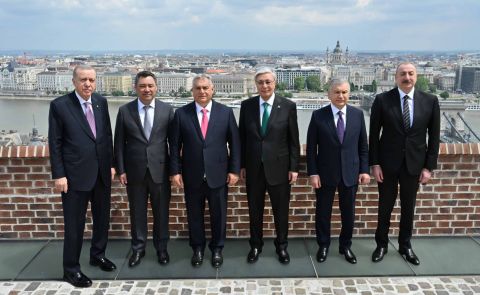
Turkic Leaders Adopt Budapest Declaration, Emphasizing Peace, Trade, and Digital Connectivity

International Officials Criticize Georgian Dream Amid Democratic Concerns

